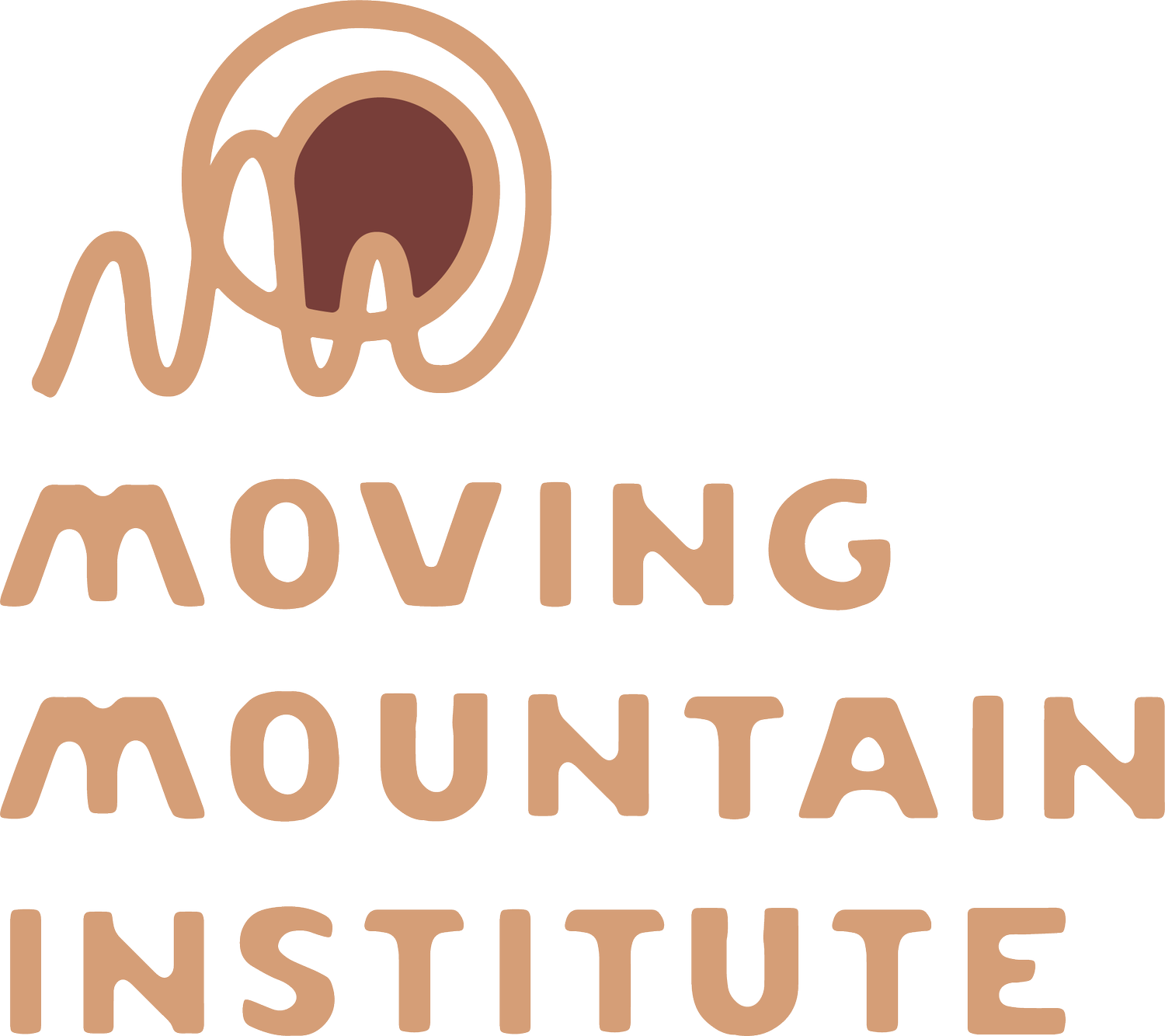Your clinical work should be both effective and sustainable
NONE OF US ARE GOOD CLINICIANS IF WE’RE PHYSICALLY, MENTALLY, OR EMOTIONALLY BURNED OUT.
MOVING MOUNTAIN INSTITUTE OFFERS THE HIGHEST CALIBER CONTINUING EDUCATION COURSES IN CRANIOSACRAL THERAPY, MYOFASCIAL RELEASE, and INTEGRATIVE VISCERAL TECHNIQUES.
Our approach is based on the intertwined understanding of both osteopathic and Chinese medicine principles and includes the innate wisdom and healing potential of the body. The Institute exists as an academy of clinical study and collaboration for healthcare practitioners that share a desire to root their understanding and treatment in the felt sense of the body. It is our experience that practitioners find this approach fulfilling, sustaining, and clinically beneficial.
Our teaching style and the techniques we present offer our students a distinctive learning experience that is immediately useful in the clinic. Our approach is unique in the field of hands-on therapies education. It is our belief that our teaching methods should be consistent with the excellence of the techniques themselves.
Our curricula is built on these foundational principles
We listen.
We learn how to listen to the body. We listen with our hands, listening hands. We can’t treat what we don’t notice. Tactile curiosity is emphasized at every turn.
The body has a story to tell.
This is what we are listening to and attempting to collaborate with our people and interpret what we are sensing and experiencing. We will learn how to trust the wisdom of the body.
Indirect and direct technique and touch.
These form the foundation of our hand skills as we apply our listening hands. Indirect Techniques follow the tissues further into their tension pattern, creating a passive shortening that allows the tissue to soften and relax. Direct Techniques engage the tension pattern directly by creating a gentle, yet sustained stretch along specific vector/s of tension. The work is a dance between indirect and direct techniques over time, the result of which is change for the body.
Anatomy matters.
But not how you think. We emphasize relational or connective anatomy. How are different tissues in relationship with each other; who’s connected to who and how? This is a more fun and meaningful approach to being with the body. Experience has shown us that bodies respond to this type of informed touch. The body knows you know.
Context matters.
From the individual to the collective, symptoms are usually a reflection of a multi-factorial weave of factors. We care about all of that and include it in our instruction and content.
Flipped Classroom:
How Our Courses Are Different
We know you know there's a problem with conventional bodywork education.
Our solution? We have designed our courses from the inside out to deliver curated content in a “flipped” model. This allows you to practice and implement while continually circling back to the material for review.
The Flipped Classroom model offers a set of unique learning environments - all geared towards supporting you, the learner in your goal; learning skills and understanding how you will apply them in your work. Each of us learns in our own way and this format allows you to spend your time where it is most valuable for you.
This approach also puts lecture content in your lap so you can watch it when you want and how you want. And you can circle back to review after we learn the techniques in the workshop. Our detailed workshop manuals also mean you don’t need to focus on note taking and can be fully present in your body and practice the work.
Most importantly, this model emphasizes that our in-person time together is valuable and we should spend it doing what is most important - working with our hands, developing skills.
1
In-Person Hands On Training
The hands-on work happens here with your cohort, where techniques are learned and practiced akin to how you work clinically.
2
On-Demand Lectures on Your Own Time
Curated from Michael’s 20 years of study in the craniosacral field. The real benefit is the ability to review material after learning the techniques.
3
Instructional Videos
High quality technique demonstration videos are available after each workshop, allowing for continual technique review as you integrate them into your practice.
The Cohort Model
SKILLS BASED LEARNING TAKES TIME AND PRACTICE
The cohort model establishes the field for your sustained inquiry, both conceptually and in your hands. The resulting skills development allows you to apprentice yourself to the body as the source of lifelong learning.
There is added benefit to moving through the course series as part of a consistent group. Trust is built and a common conversation evolves within each cohort. For folks who live in the same area, there is the opportunity to form a learning pod and work through the provided practice sessions for each module together. MMI facilitators can help folks who are interested form a learning pod within their cohort.
Think of your cohort as the container for your learning, our in person sessions are where skills are introduced and developed and the flipped classroom as a resource for meaningful information related to your skill development.
All courses are designed with you, the learner, at the center
This is the essence of this new model – you will have all of the conceptual content at your fingertips whenever you want.







